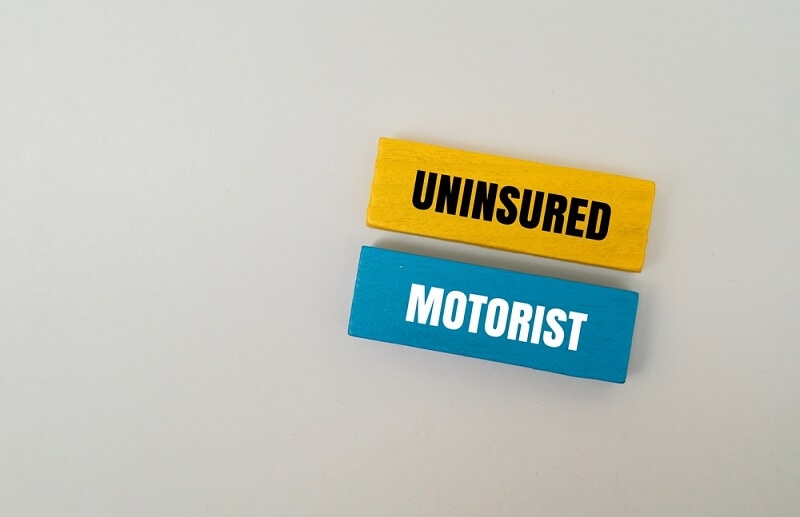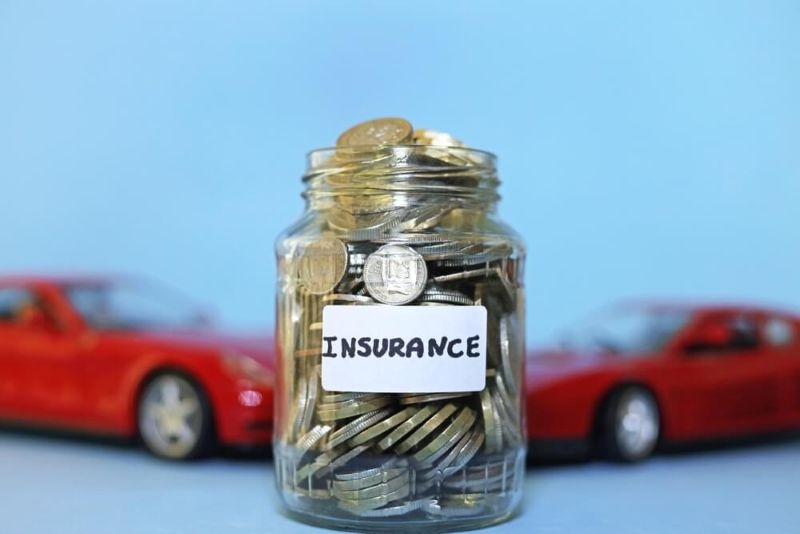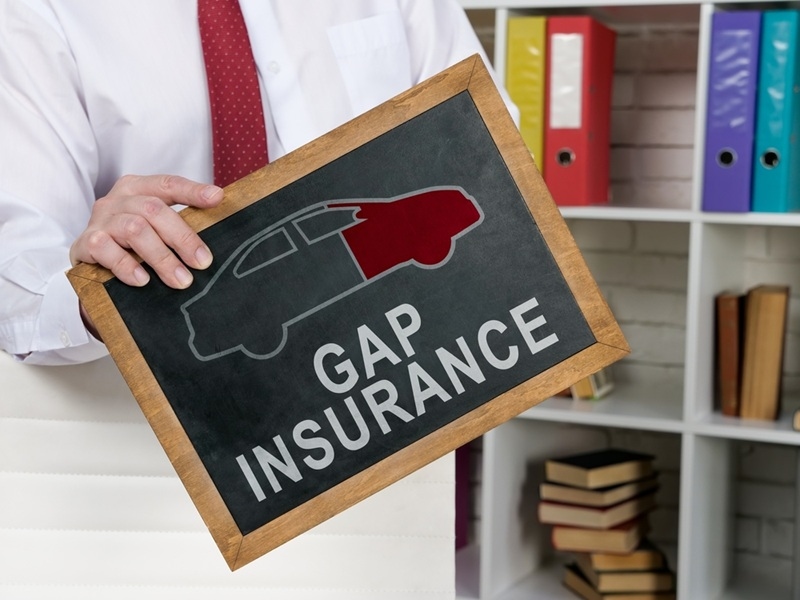Understanding Personal Injury Protection in Car Insurance
Understanding Personal Injury Protection in Car Insurance


When it comes to car insurance, many terms and coverages can be confusing, but one of the most important is Personal Injury Protection (PIP). Not only does it help ensure your medical expenses are covered in the event of an accident, but it also plays a vital role in the broader scope of no-fault coverage. Whether you're a seasoned driver or just getting your first insurance policy, understanding how Personal Injury Protection works is crucial to protecting yourself on the road.
What is Personal Injury Protection (PIP)?
Personal Injury Protection (PIP) is a type of car insurance coverage that helps pay for medical expenses and other costs if you or your passengers are injured in a car accident, regardless of who was at fault. PIP is often referred to as "no-fault coverage" because it kicks in no matter who caused the accident. This can be a lifesaver when it comes to covering immediate medical costs and ensuring quick payouts for medical treatment.
Unlike liability insurance, which only pays for damages and injuries you cause to others, PIP takes care of you and your passengers. It’s designed to cover a broad range of expenses, not just hospital bills. From medical costs to lost wages, PIP can be incredibly comprehensive, making it one of the most important coverages for your auto insurance policy.
In some states, PIP is mandatory, while in others, it’s optional. Regardless of whether it’s required by law in your area, understanding its benefits and how it works can help you make informed decisions about your insurance.
What Does Personal Injury Protection Cover?
PIP provides a wide range of coverage to help protect you and your passengers in the event of an accident. The exact benefits and limits of PIP can vary depending on your state and the insurance provider, but here are the most common types of expenses PIP covers:
Medical Expenses
One of the primary functions of Personal Injury Protection is to cover medical expenses for injuries sustained in a car accident. This includes hospital bills, surgery, doctor visits, and even rehabilitation services like physical therapy. Unlike health insurance, which may have deductibles or copays, PIP often covers your medical expenses upfront, ensuring you get the care you need without worrying about immediate out-of-pocket costs.
PIP can also cover medical supplies, such as crutches or wheelchairs, and even medication prescribed as part of your recovery. The goal is to ensure that you’re fully supported through the entire process of recovery, from the emergency room to follow-up care.
Lost Wages
Another significant benefit of PIP is that it can cover lost wages if you’re unable to work due to injuries sustained in a car accident. Car accidents can be physically and emotionally traumatic, and they often leave victims unable to return to work for days, weeks, or even longer. Personal Injury Protection helps cover a portion of your income so you can focus on your recovery without the added stress of lost income.
Whether you're an hourly employee or a salaried worker, PIP can help bridge the gap and ensure that your bills are paid even if you’re temporarily unable to earn a paycheck. Some policies will cover up to a certain percentage of your lost wages, while others might have set dollar limits, so it’s important to know what your policy includes.
Funeral Costs
In the unfortunate event that a car accident results in death, PIP may also help cover funeral expenses. While no one wants to think about these worst-case scenarios, having coverage that helps with the costs of final arrangements can ease the financial burden on grieving families. Personal Injury Protection ensures that even in the most tragic circumstances, your loved ones have the support they need.
Childcare and Household Services
PIP doesn't just stop at medical expenses and lost wages; it can also help cover costs related to household services you’re unable to perform because of an accident. For instance, if you're injured and unable to care for your children, PIP can help pay for childcare services. Similarly, if you need help with household chores or maintenance, PIP may cover the costs of hiring someone to assist you while you recover.
This level of coverage provides peace of mind that your day-to-day responsibilities will be managed even when you’re temporarily unable to fulfil them. It’s a level of protection that goes beyond traditional medical coverage, recognizing that injuries often affect multiple areas of your life.

How Does PIP Work in No-Fault States?
PIP is a crucial part of the no-fault insurance system. In states that follow no-fault rules, your PIP coverage is used to pay for your medical expenses and other losses, regardless of who caused the accident. This differs from traditional fault-based systems, where the at-fault driver's insurance is typically responsible for covering medical bills and damages.
The primary advantage of no-fault coverage is that it speeds up the claims process. In a fault-based system, insurance companies might argue over who was responsible for the accident, delaying payments for medical expenses and other costs. With no-fault coverage, such as Personal Injury Protection, you can get quick access to funds for immediate medical care, helping you recover more quickly.
No-fault states typically have limits on when you can file a lawsuit for damages after an accident. In many cases, you can only sue if your medical expenses exceed a certain threshold, or if the injury is considered serious (such as permanent disfigurement or loss of a bodily function). The intent is to reduce the number of lawsuits stemming from car accidents, streamlining the process for most claims.
Is Personal Injury Protection the Same as Medical Payments (MedPay)?
While both PIP and MedPay help cover medical expenses after an accident, they are not the same. MedPay is another type of auto insurance that covers medical expenses, but it typically offers more limited coverage than PIP. For example, MedPay usually only covers medical bills, whereas PIP extends to lost wages, childcare costs, and more.
MedPay also doesn’t function within a no-fault system, meaning that in states where no-fault laws are in place, PIP is the primary coverage, and MedPay might serve as a supplement. Depending on your state and insurance provider, you may have the option to add both PIP and MedPay to your policy for added protection but keep in mind that they are distinct coverages with different benefits.
Do You Need Personal Injury Protection?
Whether or not you need Personal Injury Protection depends on several factors, including where you live and your circumstances. In some states, PIP is required by law, so you won't have much choice in the matter. If you live in a no-fault state, your insurance company will likely require you to carry PIP coverage as part of your auto insurance policy.
Even if you’re in a state where PIP isn’t mandatory, it’s still worth considering. If you don’t have health insurance or if your health insurance plan has high deductibles and copays, PIP can be a great way to ensure that you're fully covered in the event of an accident. The broader coverage that PIP provides, including lost wages and household services, also makes it an attractive option for many drivers.
If you’re someone who works in a physically demanding job or if you have dependents who rely on you, the additional benefits of PIP can provide invaluable protection. Think of it as an extra safety net that catches all the things regular insurance might miss.
How Much Personal Injury Protection Coverage Should You Have?
The amount of PIP coverage you need will depend on your situation and the laws in your state. Most states that require PIP have minimum coverage limits, but those limits may not be enough to fully cover your needs in the event of a serious accident.
When deciding how much PIP to purchase, consider your overall financial situation. If you don’t have significant savings to fall back on in case of an accident, it may be worth opting for higher coverage limits. Likewise, if your job doesn’t offer paid sick leave or if you're self-employed, PIP's wage loss benefits can be incredibly valuable.
Talk to your insurance provider about the coverage options available in your state and choose the amount of PIP that offers you the best protection.
What to Look for in a PIP Policy
When shopping for Personal Injury Protection coverage, there are several factors to keep in mind:
- Coverage Limits: Make sure the limits are sufficient to cover not just your medical expenses but also lost wages and other potential costs.
- Deductibles: Some PIP policies come with deductibles, so check how much you'll need to pay out of pocket before your coverage kicks in.
- State Laws: Be aware of the minimum coverage requirements in your state and whether your state operates under a no-fault system.
- Additional Benefits: Consider the other benefits PIP offers beyond medical expenses, such as coverage for childcare and household services.
Conclusion
Personal Injury Protection is an essential component of car insurance that provides valuable benefits in the event of an accident. From covering medical expenses to helping with lost wages and even childcare, PIP goes beyond standard insurance coverage to offer peace of mind and financial support when you need it most. In no-fault states, PIP is a crucial part of the insurance landscape, helping to ensure that claims are paid quickly and fairly without lengthy legal disputes.
Whether PIP is required by law or simply a smart addition to your policy, understanding its benefits and how it works will help you make informed decisions about your car insurance coverage. By evaluating your needs and working with your insurance provider, you can choose the level of protection that's right for you and your family.
This content was created by AI



